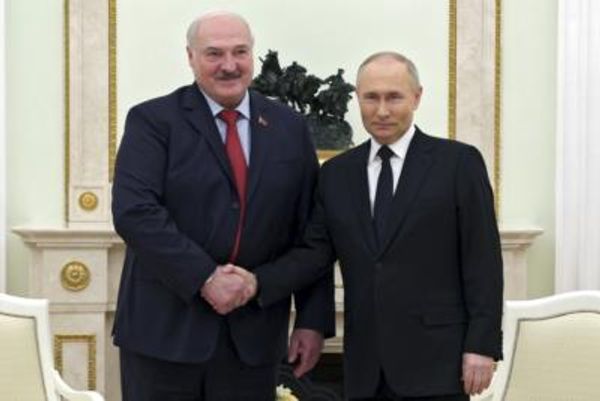Keir Starmer said Boris Johnson’s government was “bereft of ideas or purpose” after a Queen’s speech that included bills to overhaul the planning system and rewrite human rights law, but few new measures to tackle the cost of living crisis.
Warning that the UK faced a “stagflation crisis” the Labour leader said: “We need a government of the moment, with the ideas that meet the aspirations of the people.”
Instead, he said there was a government that was “bereft of ideas or purpose, without a guiding principle or a roadmap for delivery”. He added: “Their time has passed.”
Starmer was speaking as MPs began debating the government’s plans for the new parliamentary session, set out in a speech delivered earlier by Prince Charles, standing in for his mother.
Apparently designed to win back disenchanted Tory voters, the programme includes modest planning changes that are a far cry from the radical overhaul originally envisaged, which had spooked many Conservatives. And there are a series of nods to “culture war issues”, from preventing councils pursuing political boycotts, to ensuring local people are consulted before the names of streets are changed.
A new British bill of rights, promised by the justice secretary, Dominic Raab, is aimed at curtailing the role of the European court of human rights. The speech said the legislation would “ensure there is a proper balance between the rights of individuals, our vital national security and effective government, strengthening freedom of speech”.
The president of the Law Society, I Stephanie Boyce, attacked the planned legislation, however, warning it would undermine human rights. “If the new bill of rights becomes law, it would make it harder for all of us to protect or enforce our rights.
“The proposed changes make the state less accountable. This undermines a crucial element of the rule of law, preventing people from challenging illegitimate uses of power.”
The speech Prince Charles delivered began: “Her Majesty’s government’s priority is to grow and strengthen the economy and help ease the cost of living for families.” But it included few new measures likely to boost the economy in the short term. Instead, the government emphasised measures it had already taken, including the temporary energy bill rebate and the cut to the universal credit taper rate.
The prime minister, responding to Starmer, said the government would “continue to use all our ingenuity and passion for as long as it takes” to help families through the cost of living crisis. He dropped a heavy hint that fresh measures might be in store, saying he and the chancellor, Rishi Sunak, would be “saying more about this in the days to come”.
New bills will include levelling up legislation giving councils the right to sell off empty properties on local high streets and forcing the government to report regularly on whether it is meeting its levelling up “missions”.
An energy security bill promises to set up “state-of-the-art business models” in hydrogen, and carbon capture and storage; while an economic crime bill will beef up Companies House, which monitors companies. And the government will legislate to permit gene-editing for crops.
The Treasury will introduce a new financial services and markets bill, changing City regulation to “ensure a greater focus on growth and international competitiveness”.
Sunak wants the UK to be a pioneer in new areas such as cryptocurrencies, but he is likely to face questions about whether he is pursuing a Singapore-on-Thames style deregulation that could jeopardise financial stability.
Two key new bills will revive long-delayed plans first proposed by Theresa May to ban “no fault” section 21 evictions for tenants, though the bill also pledges to strengthen landlords’ rights of possession, introducing new and stronger grounds for repeated incidences of rent arrears and reducing notice periods for antisocial behaviour.
There will also be a social housing regulation bill designed to tackle rogue landlords.
In a move to reinstate anti-protest measures thrown out by the House of Lords in January, the government will also announce new offences to stop protesters from “locking on” to infrastructure, extend stop and search powers, and make it illegal to obstruct transport projects.
The public order bill will be aimed at quashing tactics employed by protest groups such as Extinction Rebellion, Insulate Britain and Just Stop Oil.
Among other new laws will be a Brexit bill designed to make it easier to adapt carried-over EU legislation without consulting parliament – and promised legislation to tackle the widely criticised actions of P&O Ferries to undermine minimum-wage law.
The law will give ports the power to refuse access to ferry services that do not pay an equivalent to the national minimum wage to seafarers while in UK waters.







